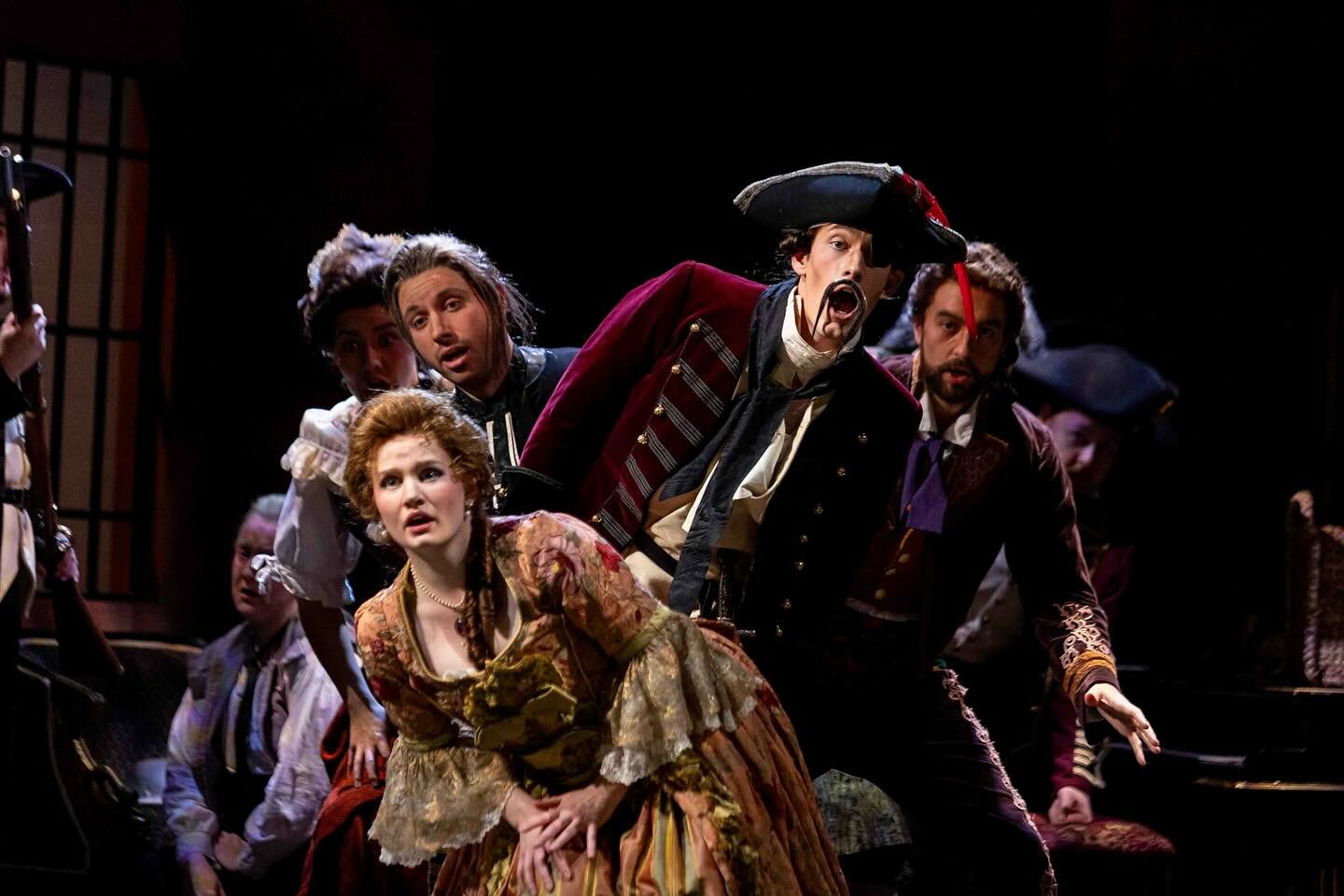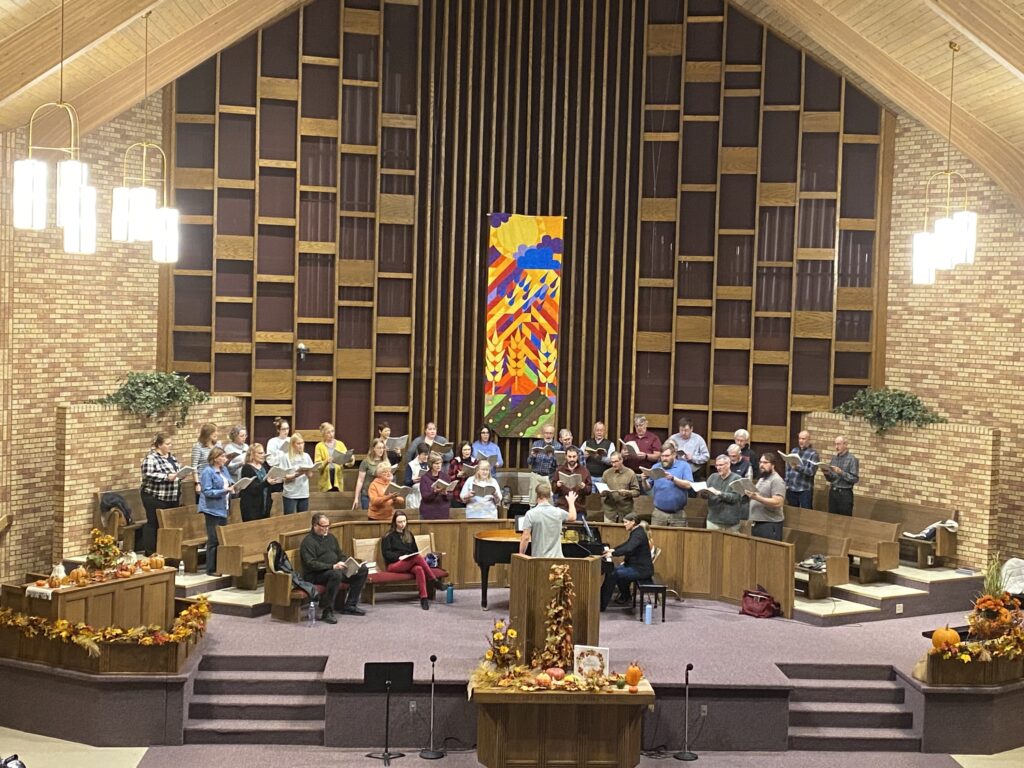From Folk Songs to Masterpieces: 7 Ways Swiss Choral Singing Unites Communities

From Alpine Echoes to Harmonious Havens: 7 Ways Swiss Choral Singing Unites Communities
Switzerland, a land etched with dramatic mountain vistas and a tapestry of distinct cultures, harbors a powerful, unifying force: its vibrant choral singing tradition. Far more than just an artistic pursuit, the act of collective vocalization in Switzerland bridges linguistic divides, strengthens social bonds, and echoes the very spirit of community. From the rustic charm of folk melodies passed down through generations to the sophisticated strains of classical masterpieces, Swiss choirs are the beating heart of many a locality, weaving a sonic tapestry that binds people together.
This tradition, deeply rooted in the nation’s history, flourished particularly in the 19th century, becoming a cornerstone of Swiss musical life. Today, this legacy continues to thrive, with diverse ensembles catering to a spectrum of musical tastes, from the sacred solemnity of liturgical music to the lively rhythms of jazz and gospel. Swiss composers, recognizing the vital socio-cultural role of these choirs, consistently enrich their repertoire, ensuring the tradition evolves while staying true to its core.
Let’s explore the seven profound ways Swiss choral singing acts as a powerful force for unity:
1. The Great Equalizer: Bridging Linguistic and Cultural Divides
Switzerland’s linguistic mosaic – German, French, Italian, and Romansh – could easily fragment its cultural landscape. Yet, choral singing acts as a remarkable unifier. A choir in Geneva singing a German folk song, or a Zurich ensemble performing a French choral piece, transcends these boundaries. The shared act of creating harmony, regardless of native tongue, fosters empathy and understanding. These performances become celebrations of a shared Swiss identity, where the beauty of collective expression supersedes linguistic differences.
| Region | Dominant Language | Traditional Choral Focus (Examples) | Unifying Aspect |
|---|---|---|---|
| German-speaking | German | Folk songs, Lied, Classical | Shared repertoire, cross-cultural exchange |
| French-speaking | French | Chansons, Sacred music, Classical | Inter-regional festivals, modern genres |
| Italian-speaking | Italian | Folk songs, Sacred music, Opera | Linguistic appreciation, shared heritage |
| Romansh-speaking | Romansh | Roundelays, Traditional songs | Preservation of unique cultural identity |
2. The Hearth of Local Identity: Preserving and Reviving Folk Traditions
At the heart of Swiss choral singing lies its deep connection to folk music. From the yodeling melodies that once echoed through Alpine valleys to the simple, heartfelt roundelays, these songs are the sonic embodiment of Swiss heritage. Choirs act as custodians of these precious traditions, ensuring they are not lost to the relentless march of modernity. By performing these songs, they not only entertain but also educate younger generations, fostering a sense of pride and continuity with their ancestral roots. This collective embrace of local folk songs strengthens the fabric of individual communities, creating a shared cultural anchor.
3. A Symphony of Shared Experience: Building Social Cohesion
The act of rehearsing and performing in a choir is inherently communal. It demands collaboration, active listening, and mutual support. Singers learn to blend their voices, to anticipate each other’s cues, and to work towards a common goal: a beautiful, cohesive sound. This shared endeavor extends beyond the rehearsal room. Choir members often form deep friendships, participating in social events, supporting each other through life’s challenges, and celebrating successes together. The choir becomes a surrogate family, offering a sense of belonging and mutual care that strengthens the social fabric of the entire community.
4. The Sound of Celebration: Enhancing Public and Religious Life
Choral music is an indispensable element in Swiss public and religious life. From solemn church services to vibrant local festivals and national celebrations, choirs provide the soundtrack. Their performances elevate these occasions, imbuing them with emotion, grandeur, and a collective sense of shared experience. Imagine the stirring sound of a mass choir during a national holiday or the uplifting harmonies in a village church during a wedding – these moments are profoundly unifying, creating shared memories and reinforcing a collective identity.
5. The Incubator of Talent: Nurturing Musical Development
Swiss choral singing is a fertile ground for musical development. Aspiring musicians and singers find a welcoming and supportive environment to hone their skills. From learning basic vocal techniques to mastering complex classical pieces, choirs offer a structured path for musical growth. Many renowned Swiss composers have contributed to this ecosystem, actively composing for and collaborating with choirs. This continuous infusion of new repertoire ensures the tradition remains dynamic and inspiring, nurturing both individual talent and the collective musical landscape.
6. A Bridge Across the Oceans: Connecting Swiss Diasporas
The unifying power of Swiss choral singing extends far beyond its national borders. Swiss expatriate communities around the world often establish their own choirs, as seen with the Swiss Society of Vancouver, founded in 1966. These ensembles serve as vital cultural hubs for emigrants, providing a tangible link to their homeland and a sense of shared Swiss identity in a foreign land. Through song, these diasporas maintain their cultural heritage and forge new bonds of community, keeping the spirit of Switzerland alive wherever they may be.
7. The Universal Language of Emotion: Inspiring Joy and Resilience
Ultimately, choral singing is a profound expression of human emotion. The act of singing together, of sharing joy, sorrow, hope, and reflection through melody and harmony, is a powerful connector. In Switzerland, this universal language is harnessed to build and reinforce community bonds. Whether it’s the collective catharsis of a poignant ballad or the shared elation of an upbeat folk tune, the emotional resonance of choral music fosters empathy, understanding, and a shared sense of humanity, making it a truly indispensable force for unity.
In conclusion, Swiss choral singing is far more than a collection of beautiful voices. It is a living, breathing tradition that actively weaves together the diverse threads of Swiss society, from the smallest mountain hamlet to its cosmopolitan cities. By preserving heritage, fostering connection, and celebrating the universal language of music, these choirs ensure that the echoes of folk songs and the grandeur of masterpieces continue to resonate as a powerful force for unity.

Additional Information
From Folk Songs to Masterpieces: 7 Ways Swiss Choral Singing Unites Communities
Switzerland, a nation celebrated for its breathtaking landscapes and multilingual heritage, possesses a deeply ingrained tradition of choral singing that transcends linguistic divides and binds communities together. This vibrant art form, evolving from humble folk melodies to sophisticated classical compositions, serves as a powerful unifier, fostering a sense of shared identity and belonging. Examining its diverse manifestations, we can identify at least seven key ways Swiss choral singing strengthens the fabric of its society.
1. Bridging Linguistic and Cultural Divides:
Switzerland is famously a country of four national languages: German, French, Italian, and Romansh. Choral singing, however, offers a universal language that can be understood and appreciated by all. As highlighted by swissinfo.ch, Swiss choirs beautifully reflect the linguistic and cultural diversity of the country, with each of the four main regions boasting its own distinct choral tradition. Whether it’s the melodic charm of Romansh folk songs or the complex harmonies of a choral masterpiece, the act of singing together provides a common ground, allowing individuals from different linguistic backgrounds to connect and collaborate. This is further supported by the House of Switzerland, which notes that singers can join various ensembles – from jazz and gospel to liturgical – to train in both classical vocal works and local folk songs, demonstrating a rich tapestry of choral expression that embraces diversity.
2. Preserving and Transmitting Heritage:
At its core, Swiss choral singing acts as a powerful custodian of national heritage. Traditional folk songs, often born from the rhythms of Alpine life and passed down through generations, are kept alive and vibrant by choirs. As swissinfo.ch mentions, these programs range from Romansh traditions to roundelays, ensuring that ancestral melodies continue to resonate. This living transmission of culture is crucial for maintaining a strong sense of identity. The history of Swiss music, as noted by Zuerich Gitarrenunterricht, stretches from “traditional folk tunes echoing through the Alpine valleys to contemporary genres,” with choral music playing a significant role in this evolution.
3. Fostering Social Cohesion and Belonging:
The sheer act of participating in a choir creates immediate bonds between individuals. The shared endeavor, the need for coordination, and the collective pursuit of a beautiful sound forge strong interpersonal connections. As documentaries on the power of group singing demonstrate, from small community choirs to large-scale performances, there’s an “intimate look at the dedication, joy, and communal spirit that characterize group singing.” This communal spirit is a cornerstone of Swiss society, and choirs provide a dedicated space for it to flourish. The existence of long-standing organizations like the Vancouver Swiss Choir, founded in 1966 and growing significantly over time, exemplifies the enduring appeal and unifying power of these groups for Swiss expatriates seeking a connection to their homeland.
4. Cultivating Discipline and Mutual Respect:
Mastering choral music, whether it’s a traditional folk tune or a challenging classical piece, requires significant discipline and a high degree of mutual respect. Singers must listen intently to one another, adjust their pitch and rhythm, and work collaboratively towards a unified sound. This shared commitment to excellence cultivates not only musical prowess but also essential social skills, fostering an environment where individual contributions are valued within the collective.
5. Providing a Platform for Artistic Expression and Innovation:
While folk songs form a vital part of the repertoire, Swiss choral singing is not static. The genre actively encourages artistic expression and innovation. As switzerlandisyours.com points out, “Several Swiss composers regularly add to the repertoire of these choral groups,” actively contributing to the evolution of the art form. The mention of Abbot Joseph Bovet, a famous composer of folk songs that gained international recognition, underscores the creative energy within the Swiss choral scene. This blend of tradition and contemporary composition ensures that choral singing remains a dynamic and engaging artistic outlet.
6. A Foundation of Swiss Musical Life:
The historical significance of choral singing in Switzerland cannot be overstated. Musicologie.org’s research into “Choral Life in Switzerland, 19th-21st Century” reveals that “From the beginning of the 19th century, choral societies flourished throughout the country and became one of the foundations of Swiss musical life.” This historical depth signifies that choral singing has long been a central pillar of Swiss cultural identity, deeply embedded in the nation’s social and artistic fabric. Its enduring presence suggests a deep-seated appreciation for the communal and artistic benefits it provides.
7. Inspiring National Pride and Cultural Diplomacy:
When Swiss choirs perform, whether at local festivals, national competitions, or international stages, they act as cultural ambassadors. Their music evokes a sense of national pride and showcases the rich diversity and artistic talent of Switzerland to the wider world. The success of Swiss composers like Joseph Bovet in reaching beyond national borders is a testament to the potential of Swiss choral music to foster cultural understanding and goodwill on a global scale.
In conclusion, Swiss choral singing is far more than just a musical activity; it is a vibrant, evolving force that actively unites communities. From preserving ancestral melodies to fostering innovation and building social bonds, these harmonious ensembles embody the spirit of collaboration and shared heritage that defines Switzerland. Whether in intimate gatherings or grand performances, the power of collective voices rising in song continues to strengthen the nation’s cultural tapestry, one note at a time.
